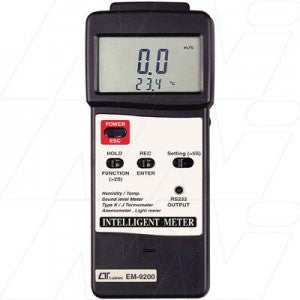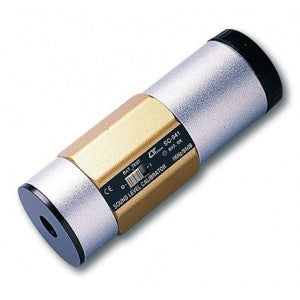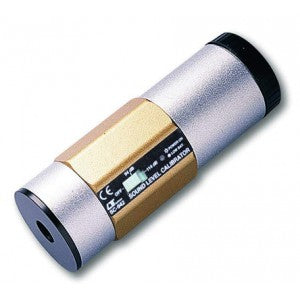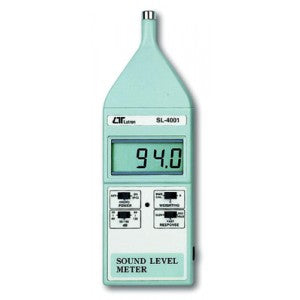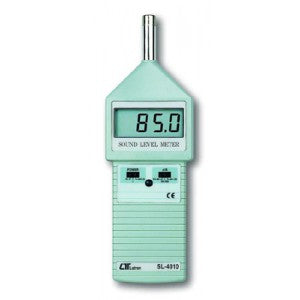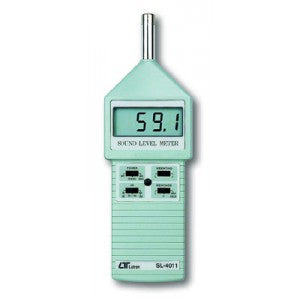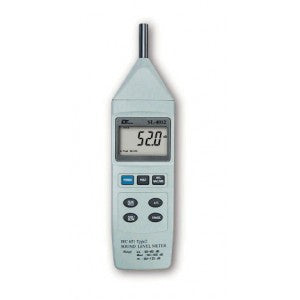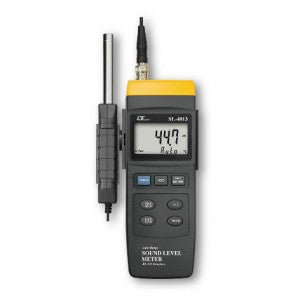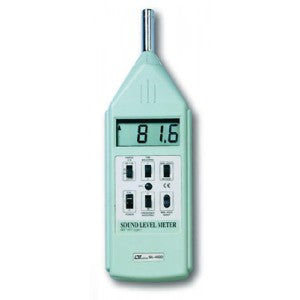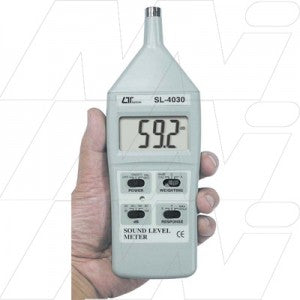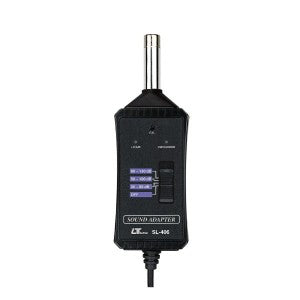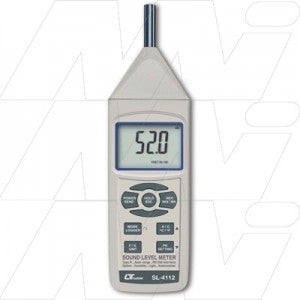If you’re in the market for a sound level meter, HK Calibration Technologies is your one-stop shop that has everything you could possibly need. Capable of accurately measuring the levels of various types of sound, our digital sound level meters are ideal for various purposes, including environmental and industrial noise pollution studies.
Our high-quality digital sound and noise level meters are sourced from Lutron and are among the best you can find. They are available in economical and high-performance options and feature large, easy to read LCD displays for extra convenience.
To find out more about our Lutron sound meters and noise monitoring equipment, Call our expert team today on 1300 309 881.

